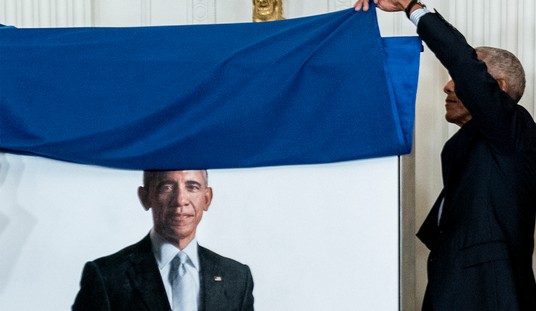Merry Christmas. Perhaps you presume Christmas is over, it now being the day after. You might also wonder what a column about the law has to do with Christmas. The first issue is the easy one, for Christmas extends through the Epiphany. Hence those French hens, leapers leaping, drummers drumming and the joy of Mitch Miller singing until the celebration of the Epiphany, January 6. So keep the tree up and the carols playing.
If you are anywhere near Pittsburgh, Pennsylvania, you can see the most beautiful proof that Christmas extends beyond December 25. Visit the Immaculate Heart of Mary church in Polish Hill or St. Stanislaus Kostka in the Strip District for any mass this week. You will see one of the most beautiful scenes of Christmas. These churches were built by Polish immigrants, and reverent beauty is found there in ways I don’t have the skill to describe.
Consider one visitor to St. Stanislaus Kosta, who later became one of the greatest figures of the 20th century. On July 20, 1969, Polish Cardinal Karol Wojtyla went to the church and prayed. As he knelt in prayer in Pittsburgh, Wojtyla was already a revolutionary who was shaking the communist order from behind the Iron Curtain, years before he became Pope John Paul II. Anyone who doubts the transformational power of faith might read George Weigel’s The End and the Beginning.
Wojtyla used the power of human dignity to expose the indignity of totalitarianism. His evangelization about individual dignity began decades before he became pope, and well before he visited this beautiful church in Pittsburgh.
All of which takes us to the snowy Russian wilderness on Christmas Day in 1919. Evil was on the march, seeking a new foothold in the world — a foothold it would gain, and murder millions in the process. Solzhenitsyn, the eyewitness, called the Soviet gulags a “human sewage disposal system.” The economic philosophy of socialism constructed equally bankrupt systems that devoured human lives at a pace the world had never seen.
And thus, in a cold Russian forest on Christmas Day, some who understood the madness about to engulf their nation paused to reflect on the alternative. The father of PJ Media’s own Hans von Spakovsky was there, and if you read nothing else this season, read this Wall Street Journal story, A Christmas Tale – 1919:
One woman and 16 men, including my father, decided they would try to get out another way. In the middle of a very snowy night, they skied through the Bolshevik lines toward Finland. . . .
With the dark veil of night covering them, they lit the candles and their small pine became a Christmas tree. The scene seemed almost mystical to my father — 17 human beings sitting in the glow of a makeshift Christmas tree in the thicket of a primeval forest. They forgot about the frost of the northern wintry night, their exhaustion, and their anxiety about the future.
No more hatred remained in their hearts, my father told us — only love for God and men alike, friends and enemies. They said a prayer, sang some Christmas hymns, and then sat silently, thinking about what they had lost and were leaving behind, including their families. (My father never saw his mother or his father again.) The candles burned out, and it became dark again around them.
So again, the question, what does Christmas have to do with the law?
In Luke, we find the answer, and perhaps the real meaning of Christmas:
And now a lawyer stood up and, to test him, asked, “Master, what must I do to inherit eternal life?”
He said to him, “What is written in the Law? What is your reading of it?”
He replied, “You must love the Lord your God with all your heart, with all your soul, with all your strength, and with all your mind, and your neighbor as yourself.”
Jesus said to him, “You have answered right, do this and life is yours.”
Bloody events this Christmas remind us the same evil that sent Hans’ father skiing to Finland still prowls the world. What better example could exist than Nigerian Muslims bombing Catholic churches during Christmas services? A beautiful celebration of Christ’s birth, of peace and goodwill toward men, was destroyed by murderers. President Obama called the murders “senseless,” though I suspect there was a great deal of sense behind them from the murderers’ point of view. Murder of the faithful has been a favorite tactic since Rome.
Since we have a few more weeks to celebrate Christmas, it isn’t too late for me to mention a Christmas movie that I’ve not seen mentioned anywhere. It doesn’t involve Santa, reindeer, or even Bethlehem. But if you’ve read this far, you’ll understand. It is Lilies of the Field with Sidney Poitier, who won the Oscar for Best Actor for playing Homer Smith in 1963. The movie is about treating others the way you want to be treated, in both subtle and obvious ways. It is a delight in so many other ways.
I don’t expect Lilies of the Field is terribly well known in some corners of Nigeria this Christmas.










Join the conversation as a VIP Member